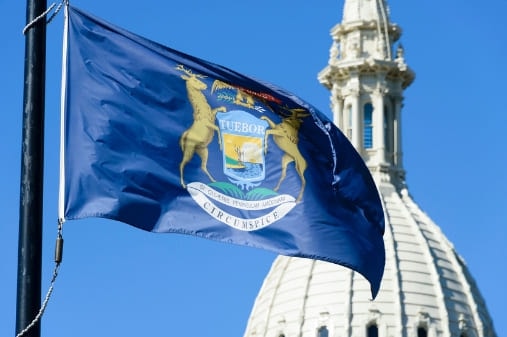He provides construction counseling and advice to clients on any number of issues that arise during a construction project, including project planning and procurement, and drafting and negotiating construction contracts ranging from standard American Institute of Architects (AIA) contract documents to complex engineer procurement and construction (EPC) contracts. He advises clients on claims avoidance, including in relation to the validity of change orders, delay claims and liquidated damages.
Scott has considerable experience prosecuting and defending multi-million dollar extra work, delay, and disruption claims in state and federal courts and arbitrations.
With knowledge regarding virtually every kind of claim or dispute related to construction projects and the impacts on the individuals and businesses in the field, Scott serves as chair of the firm's Construction Law Practice Group.
His specific areas of focus include the following:
Construction Law Consulting and Litigation
Scott uses his vast experience representing private and public companies, municipalities, owners, contractors and subcontractors in a wide range of construction disputes and risk management counseling. On their behalf, he drafts construction agreements for a variety of applications ranging from distribution and manufacturing centers to combined cycle power generation plants. He also has deep litigation experience handling construction defect claims, delay/acceleration claims, differing site condition claims, superior knowledge claims and mechanics lien disputes across the country and specifically under the Michigan Builders Trust Fund statutes.
Energy and Utility Construction
Scott possesses targeted skills in connection to the energy, power plant and pipeline industries. For clients in those industries and for major equipment producers, he drafts, negotiates and litigates EPC and AIA contracts as well as standalone construction contracts. In addition, he has worked on projects involving combined cycle power plants valued in excess of $300 million, international waste to energy plants valued in excess of $500 million, paper plant expansion projects as well as gas pipeline expansion projects both from a contractual and litigation perspective.
Specifically, Scott has served as special counsel for a municipality for over five years in connection with the design and construction of a 125 MW gas-fired combined cycle power plant. In this role, he drafted and negotiated purchase agreements for the procurement of major power equipment including combustion turbine generators (CTGs), heat recovery system generators and a steam turbine generator valued in excess of $60 million. He also drafted, negotiated and administered the EPC contract with joint-venture EPC firms valued in excess of $140 million. In addition, Scott negotiated long term service agreements for the CTGs valued in excess of $40 million and developed strategies for risk avoidance and insurance programs both before and after first fire.
Professional and Community Involvement
Member, Construction Law Forum of the American Bar Association
Member, Construction Lawyers Society of America
Member, Association of Builders & Contractors
Honors
Grand Rapids Magazine Top Lawyers, 2022-2024
The Best Lawyers in America, 2015-2025
Michigan Super Lawyers, Rising Star, 2012-2013; Super Lawyer, 2018-2019


















